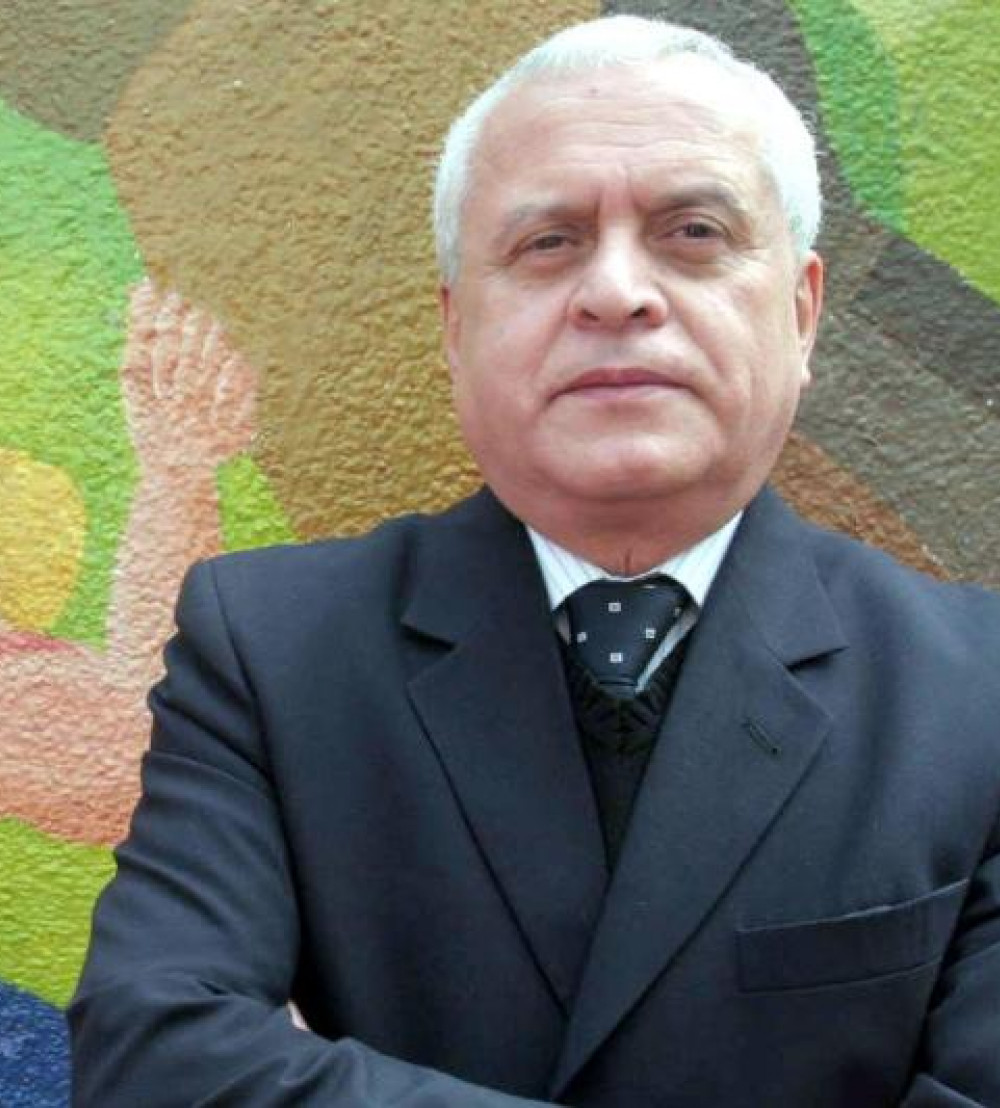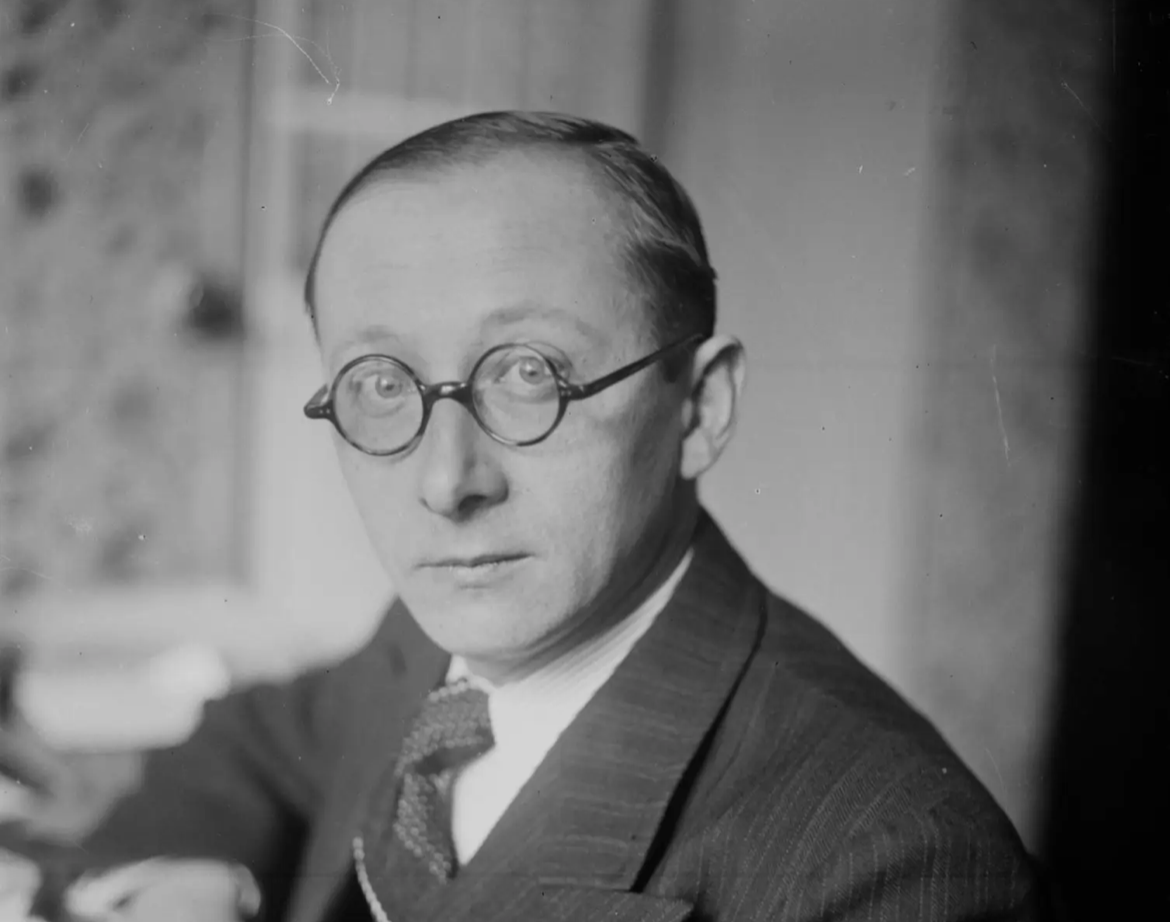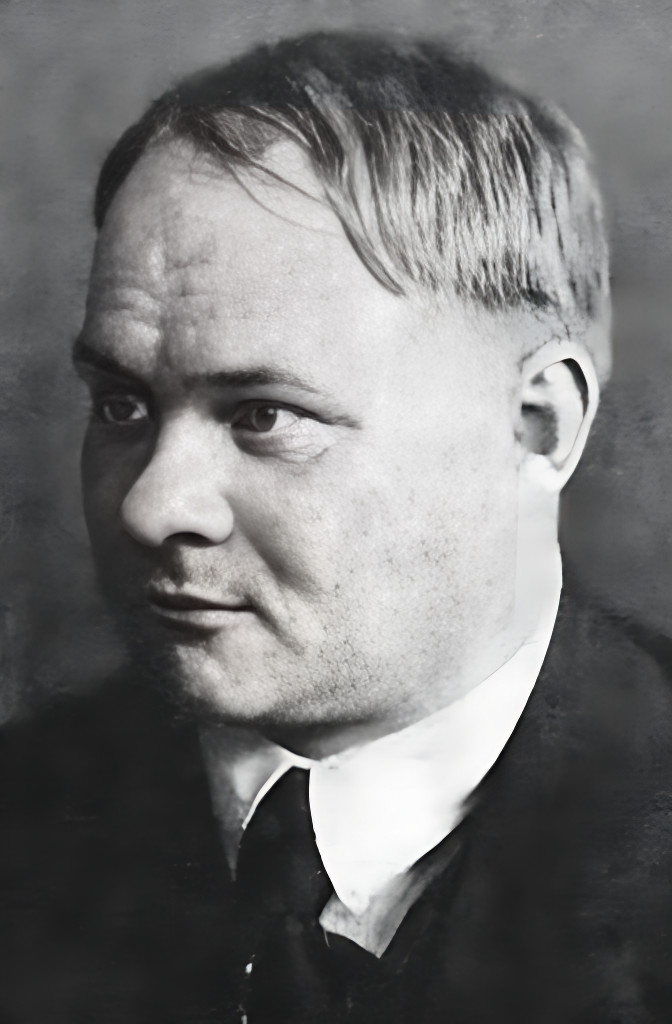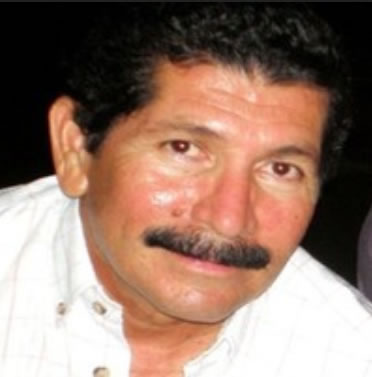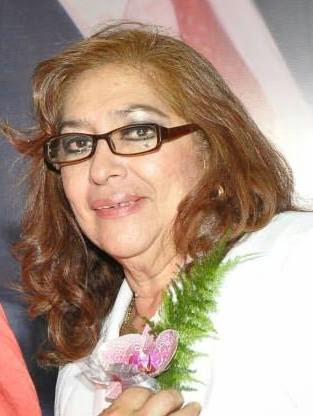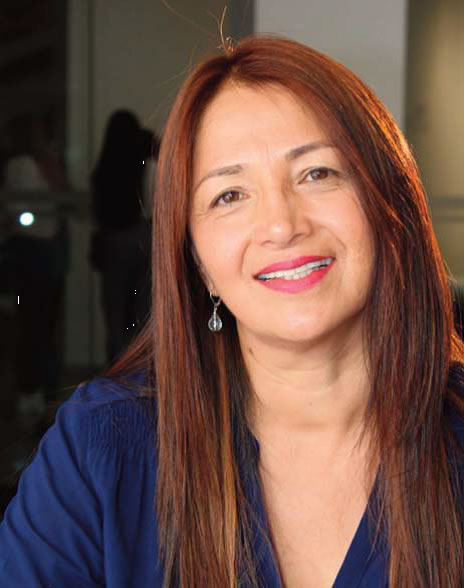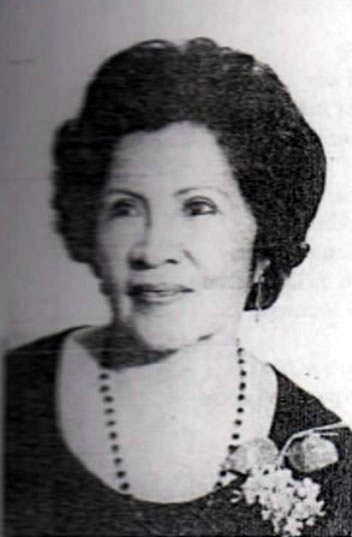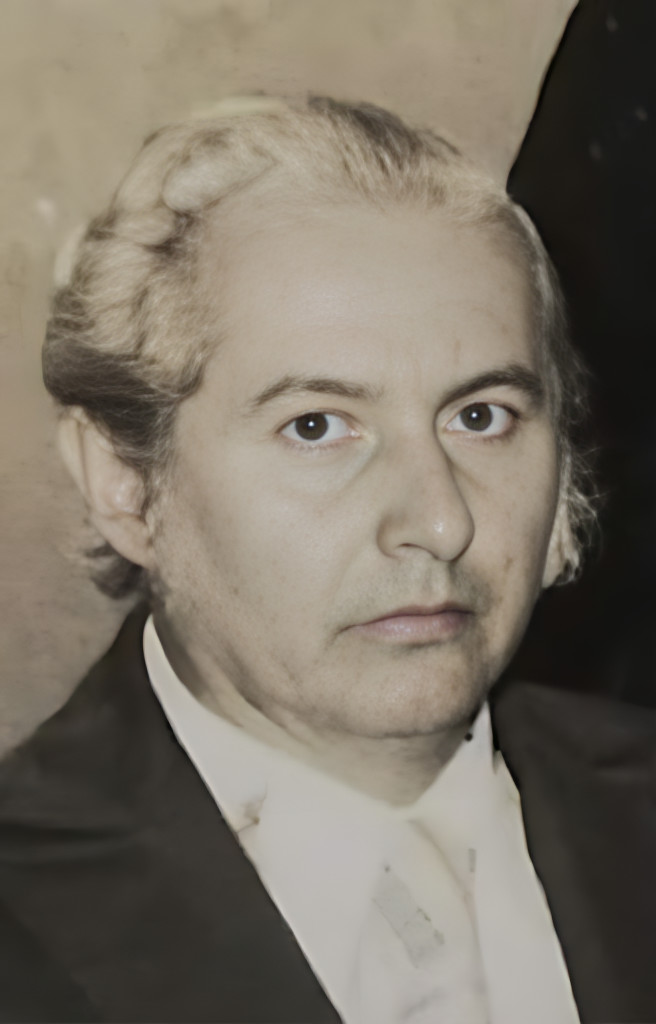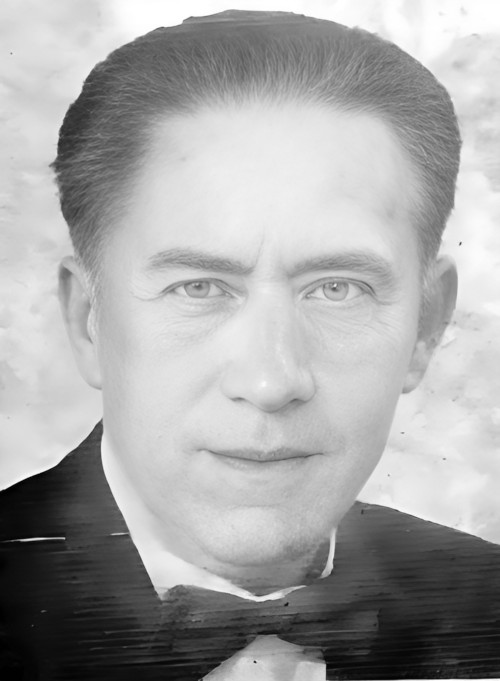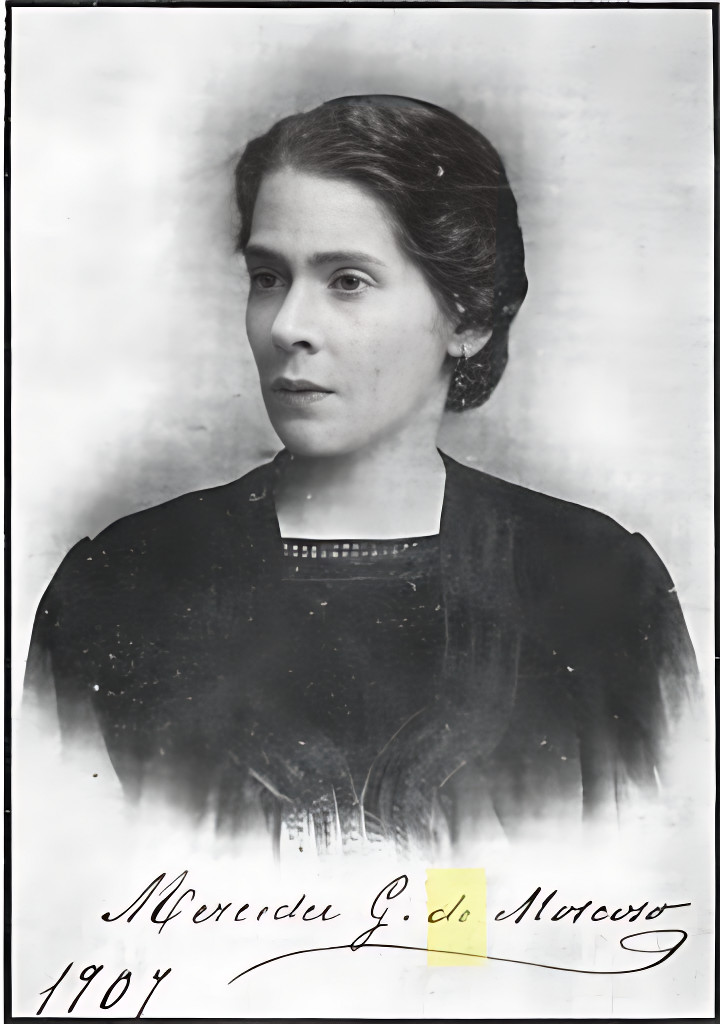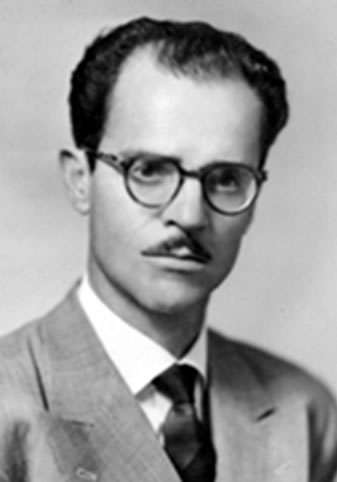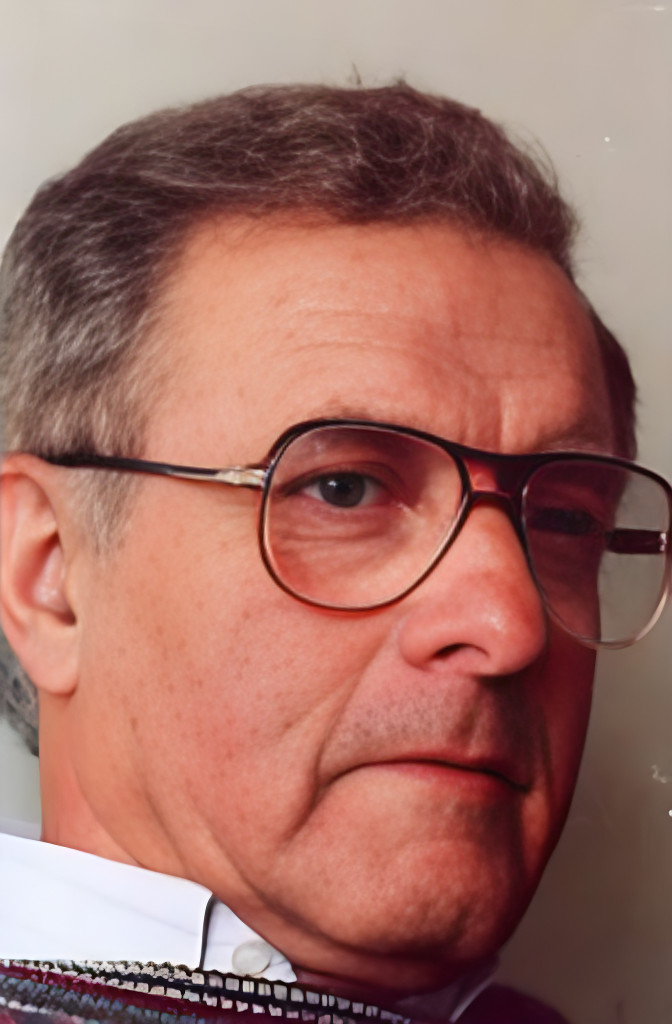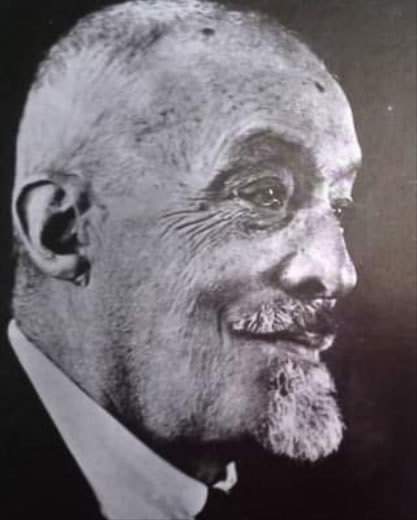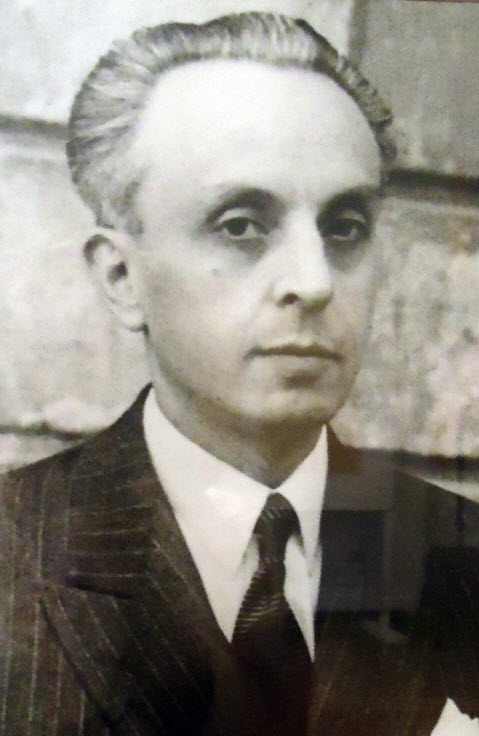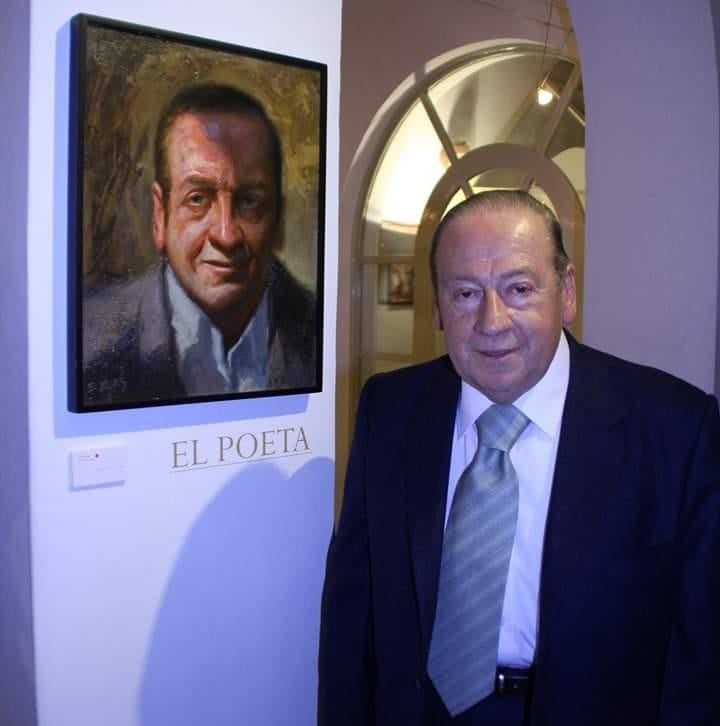Francisco Proaño Arandi (Cuenca, January 20, 1944) is an Ecuadorian novelist, short story writer, essayist, and diplomat. In the 1960’s he was part of the literary group called Tzántzicos. In 1961, when he was 17 years old, he published a poetry book titled “Poesías.” However, since then he has dedicated himself solely to prose. In 1964 he started the magazine Z with Alejandro Moreano, and the magazine La bufanda del sol (1965-1966) with Ulises Estrella and Alejandro Moreano. In 1972, he published his first book of poems, “Historias de disecadores.” In 1984, he published his first novel, “Antiguas caras en el espejo,” which was critically acclaimed and was awarded the José Mejía Lequerica Prize by the Municipality of Quito for best prose work. In 1993, he published a second novel, “Del otro lado de las cosas.” In 2003 his short story book, “Historias del país fingido,” won the Joaquín Gallegos Lara Prize. In 2003, his third novel, “La razón y el presagio” was published. His fourth novel, “Tratado del amor clandestino,” was a finalist of the Rómulo Gallegos International Prize (2009, Caracas, Venezuela) and the José María Arguedas Prize from the Casa de las Américas (2010, Havana, Cuba). In 2009, his fifth novel “El sabor de la condena” also won the Joaquín Gallegos Lara Prize. From 2002 to 2003 he was the director of the House of Ecuadorian Culture’s magazine Letras del Ecuador. Although he was born in Cuenca, he has lived in Quito most of his life since that’s where his family is originally from.
Continue reading “Francisco Proaño Arandi”Category: 20th Century Writers
Georges Pillement
Georges Pillement (March 23, 1898 — April, 14 1984) was a French writer, translator, Spanish and Hispano-American literature scholar, author of books on art and tourism, and photographer. In 1938, he translated “Huasipungo,” Ecuador’s most famous novel (written in 1934 by Jorge Icaza) into French as “La Fosse aux Indiens” (literally, The Indian Pit). It was the first time “Huasipungo” was translated into another language (it was eventually translated into over 40 languages by other translators, including Russian, Chinese, and English). Moreover, in 1945 he published a French anthology of Ecuadorian short stories entitled “Gens de l’Equateur,” which contained stories by José de la Cuadra, Gil Gilbert, Jorge Icaza, Gallegos Lara, A. Malta, H. Salvador. In his illustrious career, Georges Pillement won the Prix des Deux Magots for his novel “Plaisir d’amour” in 1937, and the French Academy’s Prix Louis Barthou in 1964 and the Prix Georges Dupau in 1975.
Continue reading “Georges Pillement”Paul Zech
Paul Zech (February 19, 1881 — September 7, 1946) was a German Expressionist writer of the first half of the twentieth century. His German translation of Jorge Icaza’s famous novel “Huasipungo” was published after his death in 1952 as “Huasi-Pungo. Ruf der Indios,” (literally, Huasipungo. Cry of the Indians). Zech’s prolific literary output included essays, poetry, plays, and translation. In 1933, having garnered criticism and opposition from Germany’s far-right, he emigrated to Buenos Aires, Argentina in the fall of 1933, where he remained in exile from the Nazis until his death in 1946. Known primarily for his translations of classic French works, almost all of his longer works, including seven novels, remained unpublished during his lifetime. These posthumous works were instrumental in finally bringing him the recognition he so richly deserved.
Continue reading “Paul Zech”Horacio Mendoza Parraga
Horacio Mendoza Parraga (Portoviejo, 1947) is an Ecuadorian poet, writer, and university professor. He is the author of several poetry collections. He is known as a lyrical, social and romantic poet, and his poems have also been included in various anthologies. In 1971, he won first prize in a national poetry contest organized by the House of Ecuadorian Culture. In 1968, 1972, and 1973, he received honorable mentions in the Ismael Pérez Pazmiño National Poetry Contest. He has served as Councilor of the Portoviejo canton; Director of the Municipal Board of Culture of Portoviejo; President and Executive Director of the Manabí Rehabilitation Center; and has been the President or Director of several private companies. He is currently the Director of Culture at the Universidad Particular San Gregorio in Portoviejo.
Continue reading “Horacio Mendoza Parraga”Ximena Mendoza Párraga
Ximena Mendoza Párraga de Granda (Portoviejo, January 31, 1951) is an Ecuadorian poet. She’s a member of the Manabi chapter of the House of Ecuadorian Culture, President of the Writers Association of Manabi, and the first Provincial Culture Director of Manabi, named to this position by the Ministry of Culture. Her poems have appeared in various anthologies. She was married to the poet Euler Granda.
Continue reading “Ximena Mendoza Párraga”Damia Mendoza Zambrano
Damia Mendoza Zambrano (Manta, 1966) is an Ecuadorian poet, singer-songwriter, researcher, and university professor. As a poet, she’s represented Ecuador at international festivals in Taiwan, Mexico, Peru, Spain, Cuba, Canada, Argentina, Morroco, and the United States, among others. Her poetry books include, Sueños de Gaviota (1986), El despertar de Gaviota (2001), Desliz (2002), Tras los Cristales de mi Mar (2007), and Hojas de mi noche larga (2012). Her poems have also been published in several anthologies. Some of her poems have been translated into Italian, English and French.
Continue reading “Damia Mendoza Zambrano”Josefa Mendoza de Mora
Josefa Mendoza de Mora (Montecristi, March 18, 1917 – Guayaquil, January 26, 2006) was an Ecuadorian poet. She was part of the editorial staff of the magazine Recado Cultural of Portoviejo and was a member of the Manabi chapter of the House of Ecuadorian Culture. She also helped found the Manta Cultural Group in 1965 and served as its president. Some of her poems have been set to music by notable Ecuadorian composers, including Gerardo Arias and Constantino Mendoza. A high school in Manta bears her name.
Continue reading “Josefa Mendoza de Mora”José Viliulfo Cedeño Sánchez
Dr. José Viliulfo Cedeño Sánchez (Manta, January 21, 1928 – Manta, February 27, 1986) was an Ecuadorian writer, poet, historian, archaeologist, and university professor. He was a founder and secretary of the Manta Cultural Group, he wrote various textbooks on philosophy, Ecuadorian territorial rights, literature and ethics. His poems were published in, “Itinerario del hombre” and “Voces Manabitas.” In 1985, his most notable book was published, “La Confederación Manteña,” a historical study of Manta’s roots. Two schools in the Manabi province bear his name.
Continue reading “José Viliulfo Cedeño Sánchez”Jorge Cevallos Calero
Jorge Cevallos Calero (Portoviejo, December 2, 1898 – August 20, 1968) was an Ecuadorian poet. In the 1920’s he formed part of the ”Argos” generation, an important literary group from Portoviejo. In 1950, he became a member of the Ecuadorian House of Culture in Manabi. In 1965, he created and presided over the Grupo Cultural Manta [Manta Cultural Group], which was very active in those years. He was bestowed the Flor Natural for his “Canto a Portoviejo” [Song to Portoviejo]. The poet Horacio Hidrovo Peñaherrera, being Mayor of Portoviejo, erected a bust in Cevallos’ memory, recognizing him as a universal poet “always attentive to the great events of humanity.” Today a school in Manta bears his name, as well as a park and garden in Portoviejo.
Continue reading “Jorge Cevallos Calero”Mercedes G. de Moscoso
Mercedes González de Moscoso (Guayaquil, October 12, 1860 – Quito, November 23, 1911) was a prominent Ecuadorian poet and playwright, considered the leading figure of the country’s second Romantic movement. Her poetry focused on themes of family, motherhood, and domestic life, often expressing a deep melancholic tone shaped by personal loss. Among her most notable works are Reminiscencias (1890), En el Nido (1899), and Cantos del hogar (1909). She also wrote plays, including Martirio sin culpa and an adaptation of her poem Abuela into a three-act play, both produced in 1907. Her work made her an important voice in Ecuadorian literature and feminist circles.
Continue reading “Mercedes G. de Moscoso”Rodrigo Pachano Lalama
Rodrigo Pachano Lalama (Ambato, August 7, 1910 – June 20, 1984) was an Ecuadorian lawyer, writer, poet, journalist, historian, researcher, and teacher. He was elected mayor of Ambato in 1955 for a period of 2 years. He authored Tungurahua’s Hymn, several poetry books, and essays, including one about Juan Montalvo. Throughout his life, he received numerous decorations and distinctions. In one of his books, the Spanish writer and Nobel Prize winner Camilo José Cela recalls meeting the “poet Rodrigo Pachano” during a visit to Ambato in 1954. He founded the Tungurahua chapter of the House of Ecuadorian Culture with other Ambato intellectuals such as Edmundo Martínez, Jorge Isaac Robayo, Rodrigo Vela, Blanca Martínez de Tinajero, and Gerardo Nicola. He was the organization’s president for several years.
Continue reading “Rodrigo Pachano Lalama”Mario Cobo Barona
Mario Cobo Barona (Ambato, September 10, 1930 – Ambato, April 16, 2007) was an Ecuadorian poet, playwright, essayist, and educator. He wrote over 30 books in different genres. The Ecuadorian House of Culture published an anthology containing the majority of his poetic works. He held various posts in Ecuador in the field of education, such as Vice Minister of Public Education, Provincial Director of Education of Tungurahua, and Rector of the Rumiñahui National School, to name a few. He received several accolades and recognitions for his work as an educator. On July 31, 1997, he became a corresponding member of the House of Ecuadorian Culture. On January 17, 2002, he was honored with full membership into the academy.
Continue reading “Mario Cobo Barona”Augusto N. Martínez
Augusto Nicolás Martínez Holguín, aka Augusto N. Martínez (Ambato, March 25, 1860 – March 19, 1946) was an Ecuadorian volcanologist, geologist, agronomist, scientific explorer, historian, writer, translator, and educator. His works contributed to the geological knowledge of the volcanic region in Ecuador. They include: “Crónica de los fenomenos volcánicos y terremotos en el Ecuador” [Chronicle of the Volcanic Phenomena and Earthquakes in Ecuador] (1896), “Algunas montañas volcánicas” [Some Volcanic Mountains] (1905), and “Vulcanologia y geología de los Andes ecuatorianos” [Volcanology and Geology of the Ecuadorian Andes] (1905). He also left a great legacy of photographs of the volcanoes he visited, which later were a great help to other climbers. His other works include themes such as science, history, scientific research, and exploration. He was a corresponding member of the National Academy of History, the Deutsche Gesellschaft für Geowissenschaften [German Geological Society], and the Société astronomique de France [French Astronomical Society]. He was fluent in English, French, and German, as well as his native Spanish. He translated several works from German and French into Spanish, particularly the valuable writings of his mentor Father Luis Dressel, with whom he ascended to some mountains and volcanoes in Ecuador. In 1920, he was honored by the French Academy of Sciences for his work.
Continue reading “Augusto N. Martínez”José Rumazo González
José Rumazo González (Latacunga, August 28, 1904 – February 26, 1995) was an Ecuadorian writer, philosopher, historian, and poet. He is the author of the celebrated poem “Parusia,” an epic poem that he began writing in 1956 that spans 5,600 pages in 7 volumes. It is one of the longest epic poems in recorded history, with nearly 220,000 verses. It is longer than the Mahabharata by Vyasa, the Ramayana by Valmiki, the Iliad and Odyssey by Homer, and the Aeneid by Virgil. He served as Ecuador’s ambassador to Honduras, Argentina, Uruguay, and Panama, in addition to serving as consul in Seville, Cadiz, Lisbon, and Barcelona. He taught History and Castilian at the Eloy Alfaro Military School, and History and Superior Grammar at the Catholic University of Quito. He was a member of the Ecuadorian Academy of Language, the Ecuadorian Academy of History, the Academies of History of Bogota and Madrid, the Ecuadorian House of Culture, the Bolivarian Society, and other organizations and institutions. From 1975 to 1984, he was the director of the Ecuadorian Academy of Language.
Continue reading “José Rumazo González”Eduardo Villacís
Eduardo Villacís Meythaler (Quito, August 3, 1932 – Quito, May 19, 2013) was an Ecuadorian cardiologist and poet. From 1967 to 2011, he worked for the Andrade Marín Hospital in Quito, first as Head of the hemodynamics laboratory and later as head of cardiology. He was a member of the Ecuadorian Academy of Medicine, and had more than 30 scientific papers published. In 2008, Ecuador’s President awarded him the Eugenio Espejo Prize for his scientific work. As a poet, he published three collections, typically at a gap of decades. His selected poems were collected in the book, “Ajuar de cal,” which was illustrated by his son Eduardo Villacís Pástor and prefaced by the poet Jorge Enrique Adoum. He was a member of the “Grupo Umbral,” one of the most important literary groups in Ecuador, which was founded in 1952.
Continue reading “Eduardo Villacís “
